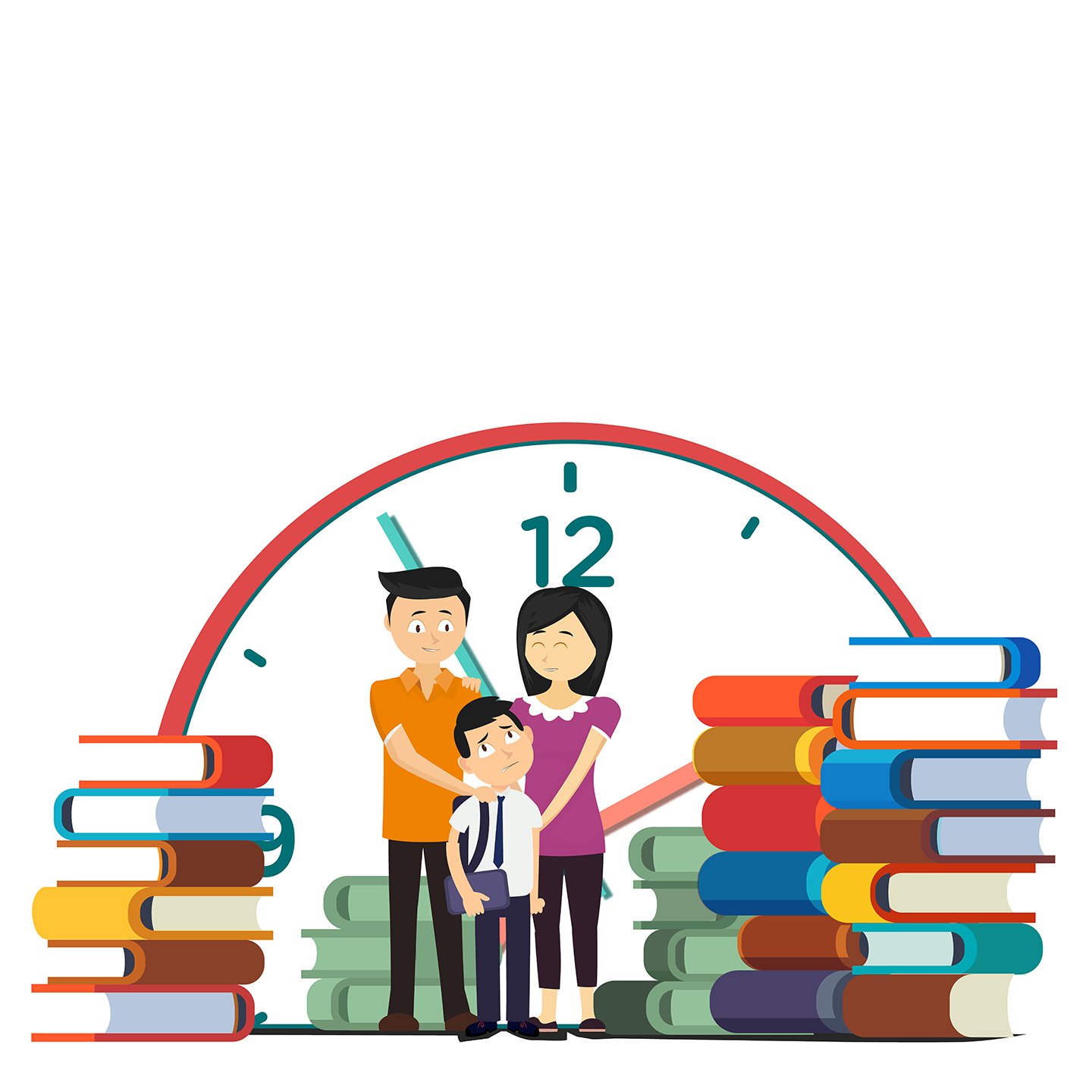Involvement of Parents in School Counseling
Many schools in Nepal these days offer psychological counseling to their students. Involvement of parents in such counseling will help them bring out desired result more quickly.

Have you ever received an unexpected telephone call from your child’s school?
You pick up the phone and with great trepidation, ask why the school official called. She tells you that your child has done something serious to warrant a telephone call to the parents. You drop the telephone in the air and regretfully tell yourself: “If I only knew ahead of time what my child was going through, perhaps I could have done something to help him, and avert this situation.”
Saying regretfully that you did not know what was happening is no longer a valid excuse. Children these days have to face a lot of hardship – unreasonable parental expectations, difficult course material, sometimes harsh treatment from friends and teachers, relationship issues, addiction to electronic gadgets, and worst of all, the possibility of drug and alcohol abuse. If you know early on what is happening to your child you can help her/him get back on track. This is where school counseling comes in.
I often think of these things as my own school-age children now tend to share less about what is happening to them at school with the progression of their age. Their’s is a natural reaction; there are some topics that are awkward to talk with parents. At times I feel that I am in the dark about their state of mind. So I often suggest to them that if they feel that they are not comfortable talking to me about some of their problems, they can talk to their school counselor. Counseling helps children understand, manage and overcome many different personal challenges. Children need support to help them deal with major problems, and make important decisions. Some of the most common problems students come to seek advice from counselors are: anxiety, anger, and difficulties with friends.
Why is counseling at school important for a child?
The school’s services and programs are all geared to make the students the best they can be. But that is not possible if students are dealing with major personal problems. Since the children spend much of their waking hours at school, it makes sense to have a counselor at school. Furthermore, school counselors know who else is having similar problem, and with whom your child hangs out. In other words, school counselors are able to put things in context, and see your child as part of a holistic system, not just as an individual with problems.
Why do some children need counseling?
As children grow up, they begin to experience physical, intellectual, and emotional changes. The way they learn, feel, see the world, and relate to other people becomes different from when they were younger. These changes, along with demands from present-day society and peer pressure, create conflicts and tension in them, which are sometimes reflected in their negative behavior at school and at home.
Counselors through their advice and support, often help students maintain academic standards and set goals for academic success. They also help students develop skills to improve organization, learn good study habits, manage time, deal with personal problems that maybe affecting academics or relationships.
Why is it important for parents to be involved in school counseling?
When children go for counseling, parents often wonder how involved they need to be in this process. Parental involvement at home (helping with homework, etc.) and at school (attending workshops for parents, conferences, etc.), have been shown to have a positive impact on children’s academic and personal/social well-being. That is also true in the case of counseling.
In fact, parents are the greatest resource for counselors. All families and all children are different. By working with parents, the counselor can get “insider” information about what strategies have been tried before, which ones have and haven’t worked in the past, and the family’s resource availability. Parents are experts in their child and family, so with their information the counselor can learn more about the child’s (and family’s) interests and strengths to design a more effective counseling plan.
In some cases where the main goal is behavioral change, parental involvement is crucial to achieve success. For example, if we are focusing on better anger management, parents need to reinforce at home the work what was taught during the counseling session. They may also need to implement a home-plan, such as the introduction of time-out and reward charts.
Regardless of your child's age, your involvement in counseling as shown by research is important. You can help by noticing when your kids are using their skills and behaving positively, and praising them for it. The key word here is ‘partnership.’ It is the partnership between school counselors, parents, and students that will result in a successful outcome. If things go out of hand you may even need professional help beyond school, but work with school counselors first. And let’s hope that you never receive that dreaded telephone call. Or, even if you do, it is just to let you know that the school bus will be a little late.


